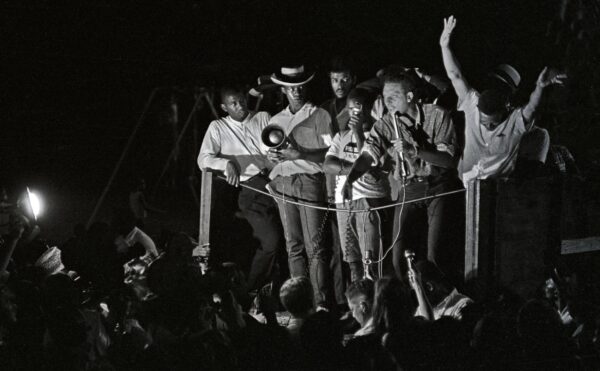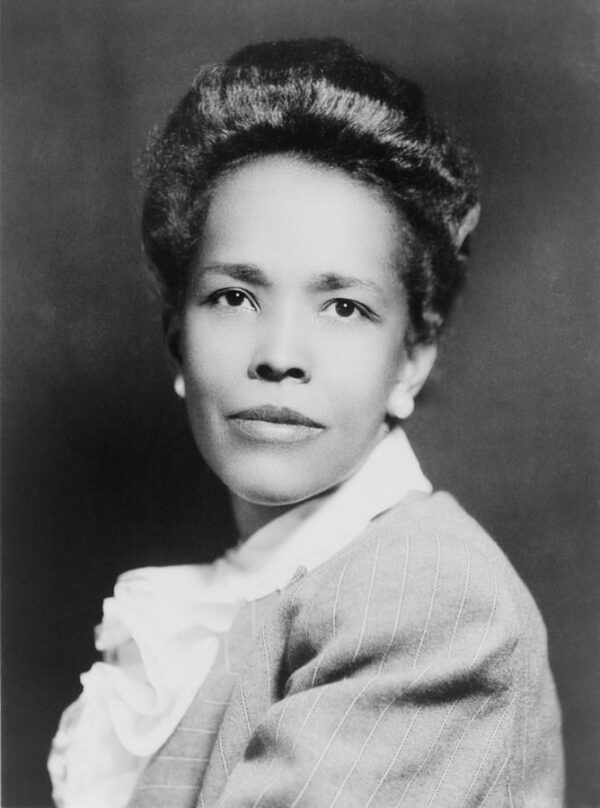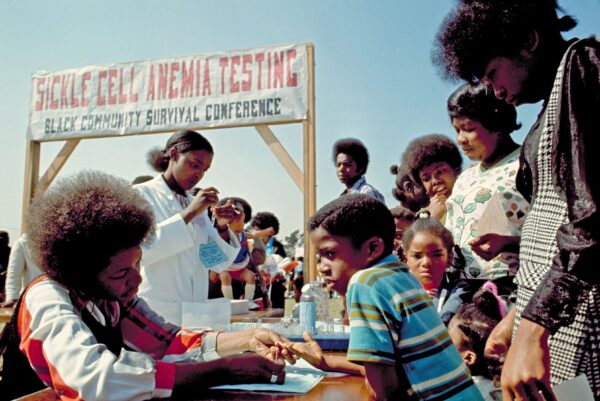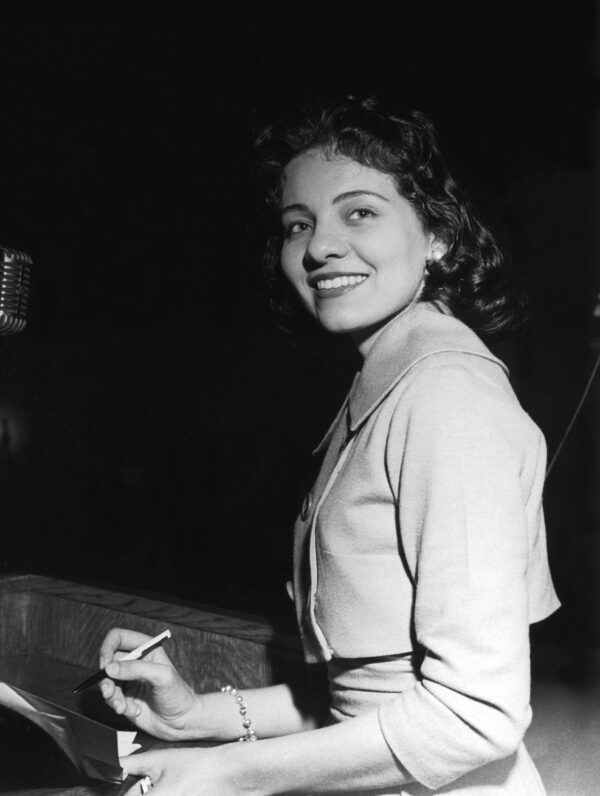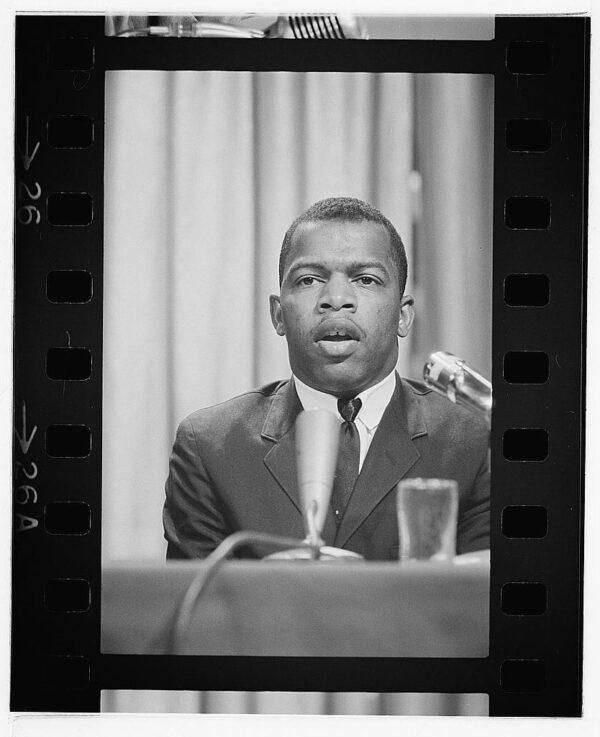Baker was a civil rights and human rights activist who worked alongside numerous other civil rights leaders. After graduating from Shaw University in Raleigh, North Carolina, Baker quickly began her lifelong work as an organizer. In the 1930s she served as the national director of the Young Negroes Cooperative League, worked for President Franklin’s Works Progress Administration, immersed herself in the cultural and political milieu of the Harlem Renaissance, and, towards the end of the decade, began her work with the National Association for the Advancement of Colored People (NAACP). As part of her work, Baker traveled throughout the South and made many connections that would be vital to the grassroots efforts she championed in the years to come. In 1957, Baker was part of the brain trust, along with Stanley Levison and Bayard Rustin, that first conceived of the Southern Christian Leadership Conference (SCLC) as a way to capture and continue the momentum of the Montgomery Bus Boycott. Then, only a few years later in 1960, Baker again played a key role in the creation of an iconic civil rights organization when she convinced SCLC members to bring together Black university students at a conference that led to the formation of the Student Nonviolent Coordinating Committee (SNCC). She served as a mentor for both the organization and its leaders, helping guide their efforts to focus on uplifting local organizations and organizers.
